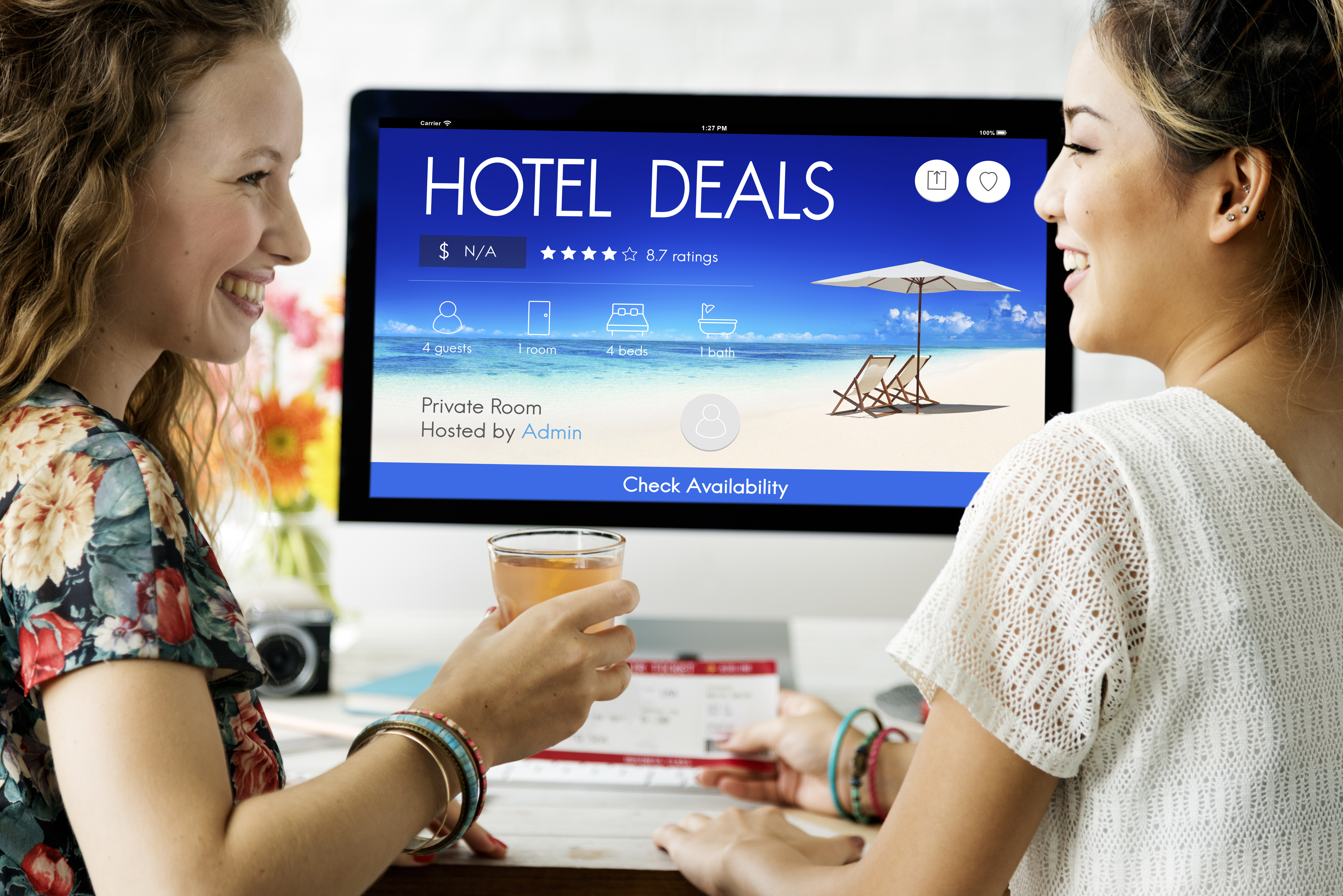In the hospitality industry, customer service is the cornerstone of success. Delivering exceptional experiences not only ensures guest satisfaction but also fosters loyalty and drives repeat business. To achieve this, your team must be equipped with the right skills, mindset, and tools. Here’s a comprehensive guide on best practices for training your hospitality staff in communication, conflict resolution, and hospitality etiquette.
1. Start with a Clear Vision
Before you dive into training, define what "exceptional customer service" means for your business. Is it a warm, personalized greeting? Proactively solving problems? Consistently exceeding expectations? Share this vision with your team so they understand the standards they’re striving to meet.
2. Master the Art of Communication
Effective communication is the foundation of great customer service. Here’s how to train your team to excel in this area:
-
Active Listening: Teach staff to listen attentively to customers, focusing on their words, tone, and body language. Encourage them to ask clarifying questions to ensure they fully understand the customer’s needs.
-
Positive Language: Train your team to use affirming phrases like “Let me find a solution for you” instead of “I don’t know” or “That’s not possible.” This creates a sense of optimism and problem-solving.
-
Clear and Concise Speech: Emphasize the importance of clarity. Misunderstandings can lead to frustration, so encourage staff to be precise and articulate.
-
Cultural Sensitivity: Equip your team to communicate effectively with diverse customers by understanding cultural nuances and avoiding assumptions.
3. Teach Conflict Resolution Skills
Conflict is inevitable in any customer-facing role, but how your team handles it can make or break the guest experience. Focus on these strategies:
-
Stay Calm Under Pressure: Train staff to remain composed, even in challenging situations. Encourage deep breaths and a measured response rather than a reactive one.
-
Empathy First: Teach the importance of understanding the customer’s perspective. Phrases like “I can see why this is frustrating” can diffuse tension.
-
Solution-Oriented Approach: Guide your team to focus on resolving the issue rather than assigning blame. Provide them with the autonomy to make decisions within set parameters to satisfy customers.
-
Debrief After Incidents: Use conflicts as learning opportunities. After an issue is resolved, discuss what happened and how it could have been handled better.
4. Instill Hospitality Etiquette
The small details of hospitality etiquette can make a significant difference in the overall guest experience. Ensure your team understands:
-
Personal Presentation: Professional grooming and attire set the tone for a guest’s perception of your establishment. Provide clear guidelines on appearance.
-
Body Language: Nonverbal communication is just as important as spoken words. Train your team to maintain open, approachable postures and make eye contact when appropriate.
-
Proactive Assistance: Encourage staff to anticipate guest needs. For example, offering a refill before being asked or holding the door open.
-
Genuine Warmth: Smiling, addressing guests by name, and using polite language create a welcoming atmosphere.
5. Provide Ongoing Training and Feedback
Exceptional service isn’t achieved overnight. Continuous development is key:
-
Role-Playing Scenarios: Regularly practice real-world situations, such as handling complaints or managing high-pressure moments.
-
Workshops and Seminars: Bring in industry experts to train your team on specialized topics, from wine pairing to the latest technology in hospitality.
-
Feedback Loops: Create a culture where feedback is both given and received constructively. Use customer reviews and employee performance evaluations as tools for improvement.
-
Celebrate Successes: Acknowledge and reward team members who go above and beyond. This boosts morale and reinforces desired behaviours.
6. Equip Your Team with the Right Tools
Even the most well-trained staff can struggle without the proper tools. Ensure your team has:
-
Technology Support: Familiarity with reservation systems, point-of-sale software, and customer management tools.
-
Standard Operating Procedures (SOPs): Clear guidelines for handling common situations.
-
Empowerment Policies: Flexibility to make decisions, such as offering discounts or complimentary services when necessary.
Final Thoughts
Training your hospitality team for exceptional customer service is an ongoing journey. By focusing on communication, conflict resolution, hospitality etiquette, and continuous learning, you create a team that not only meets but exceeds guest expectations. Remember, happy employees often lead to happy customers—investing in your team is investing in your business's success.




